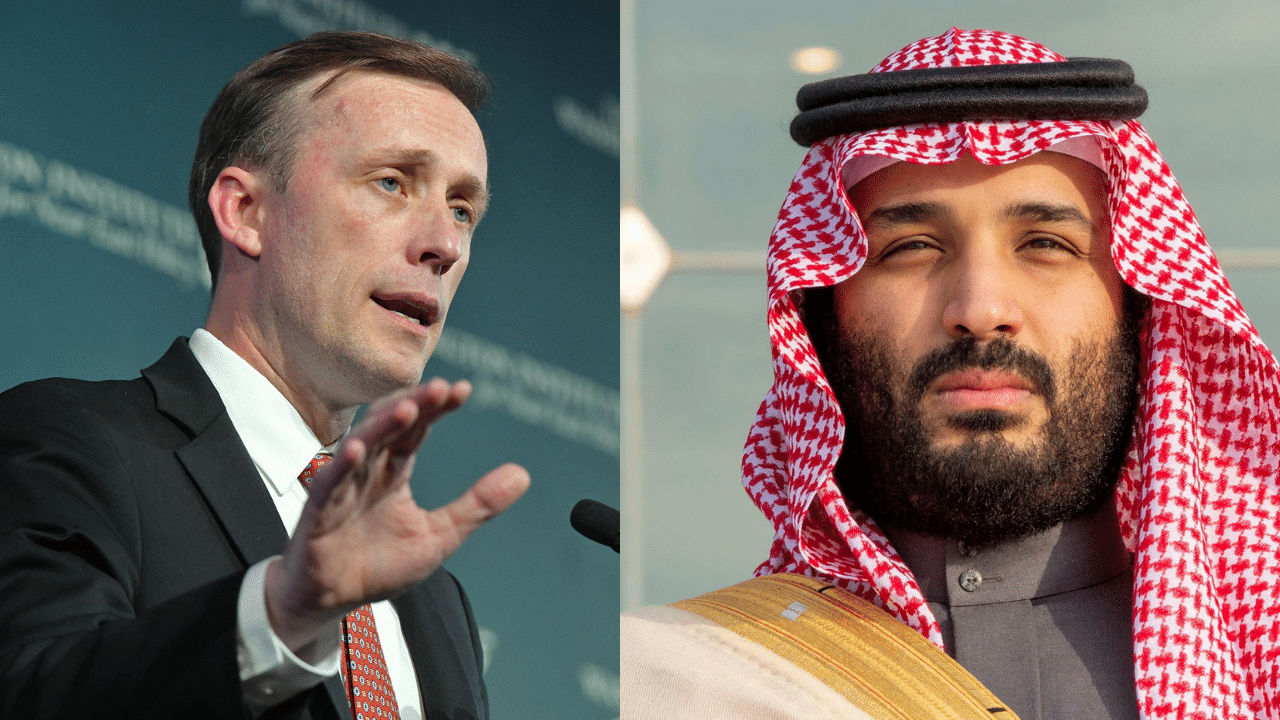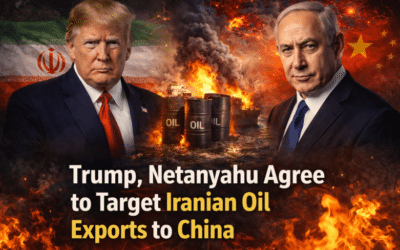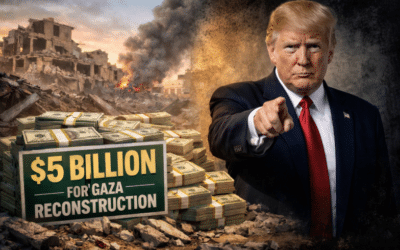US National Security Advisor Jake Sullivan met with Saudi Crown Prince Mohammed bin Salman, also known as MBS, and reviewed “significant progress” toward peace in the war-torn country of Yemen, Al Jazeera reported on Monday. Sullivan aimed to shore up ties with Saudi Arabia as Riyadh pursues an independent foreign policy in the region which has reportedly left the US feeling “blindsided.” In recent months, the Saudis have normalized relations with long-time adversary Tehran as well as Damascus.
A peace deal between the Saudis and the Houthis is nearing as Omani-mediated talks have been bearing significant fruit. In February, general cargo ships docked in Yemen’s Red Sea port of Hodeidah for the first time since 2016. Last month, relief ships carrying hundreds of containers with food as well as commercial goods docked in Hodeidah. Additionally, major prisoner swaps between the warring sides have been taking place. The current negotiations are working toward a new ceasefire deal that will involve the full lifting of the blockade, eyeing a permanent peace settlement.
The White House issued a statement saying that Sullivan “reviewed significant progress in talks to further consolidate the now 15-month long truce in Yemen and welcomed ongoing UN-led efforts to bring the war to a close, as well as covering a range of other issues.”
The UN is not involved in the current talks, but is expected to participate in negotiations moving toward a more long-term settlement. The truce is the result of a ceasefire agreement established between the Saudis and the Houthis – which officially held from April to October 2022, though for well over a year there have been no reported Saudi airstrikes in Yemen or Houthi attacks in Saudi Arabia. While a meeting between the two sides in the Yemeni capital of Sanaa last month ended without a new deal, the Houthis committed to continuing the talks soon.
The State Department also said that the US special envoy for Yemen, Tim Lenderking, visited Oman and Saudi Arabia earlier this month in an effort to help advance the peace process.
In 2015, the US-backed, Saudi-led coalition launched a brutal war against northern Yemen’s Houthis, a Zaydi Shia group which sacked Yemen’s capital the previous year. Originally composed of nine countries, the Saudi coalition imposed a full blockade on the north, where some 70% of the civilian population lives. For several years, Hodeidah was the sole port supplying northern Yemen with food and medicine.
Even before the war began, Yemen was already the poorest country in the Middle East, with 90% of Yemenis’ food imported from abroad. According to the UN, at least 377,000 people died as a result of the conflict between 2015 and late 2021. Of those, it is estimated that 150,000 were killed as a result of direct violence, while the remaining victims starved to death or perished from diseases linked to the blockade and the Saudis’ relentless bombing of civilian infrastructure, including hospitals and clinics. The vast majority of the latter deaths have been children under the age of five and babies.
In December 2022, the White House successfully pressured Congress not to vote on a War Powers Resolution which would have cut off the Saudi coalition from any further American military support, helping the carnage to continue despite President Joe Biden’s vows to make Riyadh a “pariah” state.

































